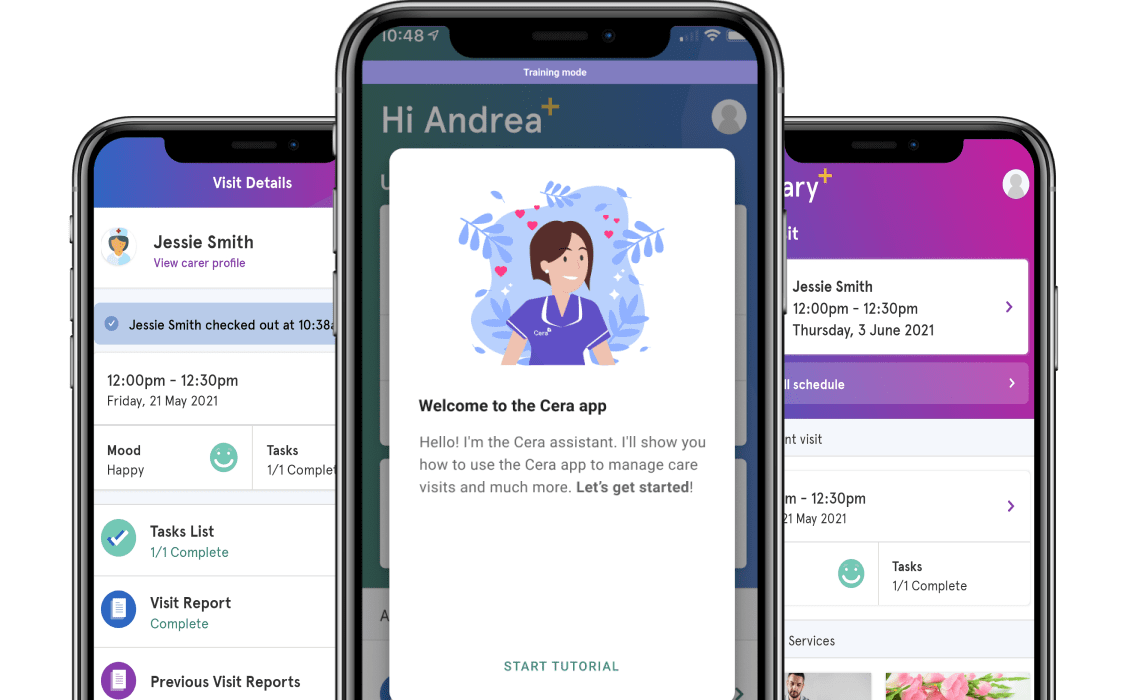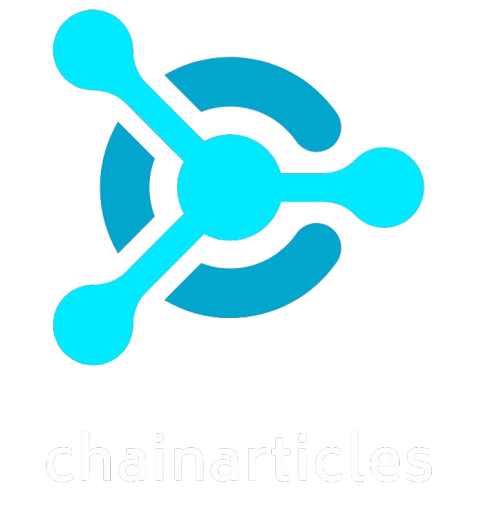Around the world, public healthcare systems have struggled to reset post-pandemic, and in particular, the increasingly aged populations in Western countries are putting pressure on services, not least in the UK where ‘NHS in crisis’ is a regular headline in the media. As a result, private companies, many powered with technology, see a gap in the market. It’s with this background that Cera, a proprietary software platform and in-home healthcare provider in the UK, has raised a $150 million in a mixture of debt and equity. The company said the majority of this is debt, but declined to give a split and also demured on its valuation.
The round was led by funds affiliated with BDT & MSD Partners and Schroders Capital in order to scale Cera’s platform. The company says this is highly AI-driven, with proprietary modelling based on its own data, although it admits to using soma aspects of both Google’s Gemini AI platform as well as Microsoft’s version of ChatGPT.
In 2022 Cera raised $320 million (£260 million) in an equity and debt financing round, split roughly 50/50.
According to CrunchBase it has 14 investors. Recognizable equity investors to date include Earlymarket, Guinness Ventures, DigitalHealth. London Accelerator, and long-time U.K. investor Robin Klein.
A spokesperson for Cera added that although this has yet to be reflected in publicly-filed accounts, the company was EBITA-positive in 2023 and became free-cashflow positive in 2024, and is “increasingly a self-sustaining business,” hence why it could raise this debt round.
In an interview with TechCrunch, Dr Ben Maruthappu MBE, Founder & CEO of Cera, said: “We are getting to profitability, plus we have very significant stale how we’re using our technology and AI, and we’ve expanded into more services in the home.”
Cera carers use its app to plan their work and log patient symptoms. Using its AI modeling, Cera is then able to take that unstructured data (for example “patient had a fall in the night” etc) and use it to predict the potential for patients to become subject to a greater risk of illness or injury. The company claims this has resulted in hospitalization reductions of up to 70%, a 20% reduction in patient falls, and hospital discharges that are up to five times faster, it said in a statement.
The company has raised more than $407 million to date in a mix of equity and debt.
Competitors in the U.K. include Home Instead and Bluebird Care, which use non-proprietary apps to direct their staff. In the US, the closest comparisons to Cera include Signify Health and CVS Health, both of which were acquired by Nasdaq-listed CVS Health. Another is Honor, which has raised $625 million to date.
Maruthappu said: “We’re taking pressure off the NHS and supporting it having more capacity to look after other patients. We’ve also expanded into other service lines such as nursing services, physiotherapy, learning disabilities, physical disabilities, and providing mental health services in the home as well. So we’re a much more comprehensive health care at home provider.”
He also said the AI-driven aspect of the business was based on the data it collects: “The other key advantage is what we’re doing with technology, more specifically AI… We’re logging information about patients from those visits on our app that’s given us now one of the largest home health care data sets in the world, definitely the largest in Europe, and we’ve been able to analyze that data set in lots of different ways to build algorithms, algorithms that relate if Someone’s going to have a fall before they do.”
“We can predict over 80% of falls a week before they happen. That’s statistically significant… So we actually reduce falls by over 20% because of our AI algorithm… We can also predict around 83% of hospitalizations again a week before they happen… reducing hospitalizations by up to 70%,” he said.
In a statement, Rob Platek, partner and global head of credit at BDT & MSD, said: “Cera has achieved strong growth through a demonstrated ability to leverage technology to deliver exceptional care. We believe Cera is well positioned to further scale its business.”
Cera says it is the U.K.’s largest non-NHS healthcare provider, covering about covering about 30 million people with 10,000 carers and nurses and working with with over 150 local governments and two-thirds of NHS Integrated Care Systems.
It also claims an independent analysis conducted by U.K. consultancy Faculty found Cera’s AI-led home healthcare model saves the U.K. healthcare system £1 million a day.
Cera is obviously keen to avoid the tarnish of healthcare startups such as Babylon Health, admittedly a very different business, which went bankrupt and was sold for parts after attempting to do healthcare via a mere chatbot.




